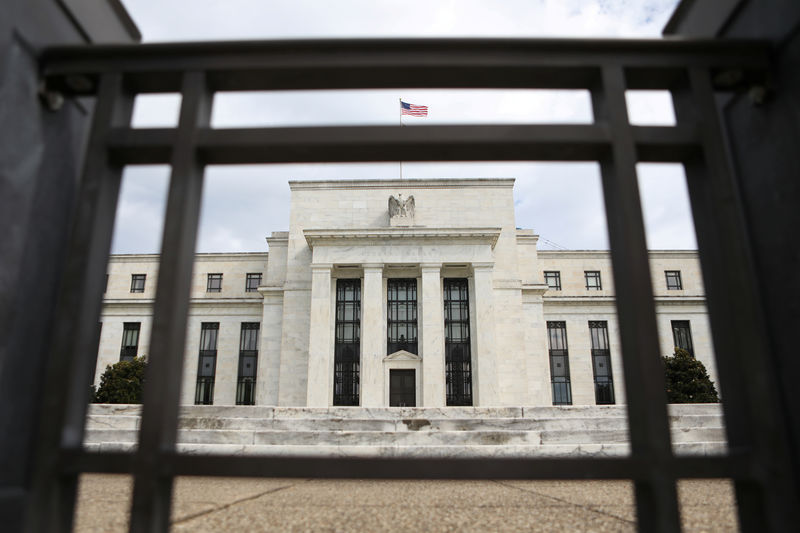By Ann Saphir and Howard Schneider
WASHINGTON (Reuters) - Judy Shelton, U.S. President Donald Trump's pick to fill a vacant seat at the Federal Reserve, downplayed the independence of the central bank on Tuesday and called on the Fed to work more closely with the White House, an approach that would upend how it currently conducts monetary policy.
The Fed considers its policy independence a bedrock that ensures its ability to help the economy achieve full employment and stable prices, two mandates that Congress has assigned to it.
Trump has repeatedly attacked that independence, demanding that Fed Chair Jerome Powell slash interest rates to below zero to boost economic growth, further his administration's trade policies and help the U.S. compete better against other countries that already have negative rates.
While most mainstream economists see Trump's attempts to influence the Fed as risking the kind of runaway inflation that has plagued countries like Argentina where the central bank is not independent, Shelton has embraced his involvement.
The Fed, she wrote in an opinion piece published in the Wall Street Journal, should "pursue a more coordinated relationship with both Congress and the president," to attain goals, including a smaller trade deficit.
Congress, she wrote, "historically hasn’t sought to treat the Federal Reserve as a detached lever of economic power (but rather) intended to incorporate monetary policy into an overarching effort to achieve 'important national requirements' that improve U.S. economic prospects."
The column, one of several Shelton has penned since Trump said earlier this year he intended to nominate her, is a harbinger of a potential clash of cultures if she joins the Fed.
The framework she hints at, of close coordination between the Fed, the White House, and Congress, would break down the separation that Fed policymakers try to maintain between their judgments about the economy and the political priorities of a given administration.
Shelton did not respond to a request from Reuters about her column.
Introducing trade deficits to the Fed’s policy judgments could pose a particular challenge to other Fed goals.
Imports tend to keep inflation low, for example, and many economists argue that it is excessive government spending, not trade policy, that drives the shortfall between what the U.S. produces and what it consumes.
The balance between those two is made up through imports. If the Fed were to try to pare the trade deficit, that could make it harder to achieve its other goals of 2% inflation and full employment.
The Fed on Tuesday begins a two-day policy meeting where it is expected to cut interest rates by a quarter of a percentage point for the second time this year.
